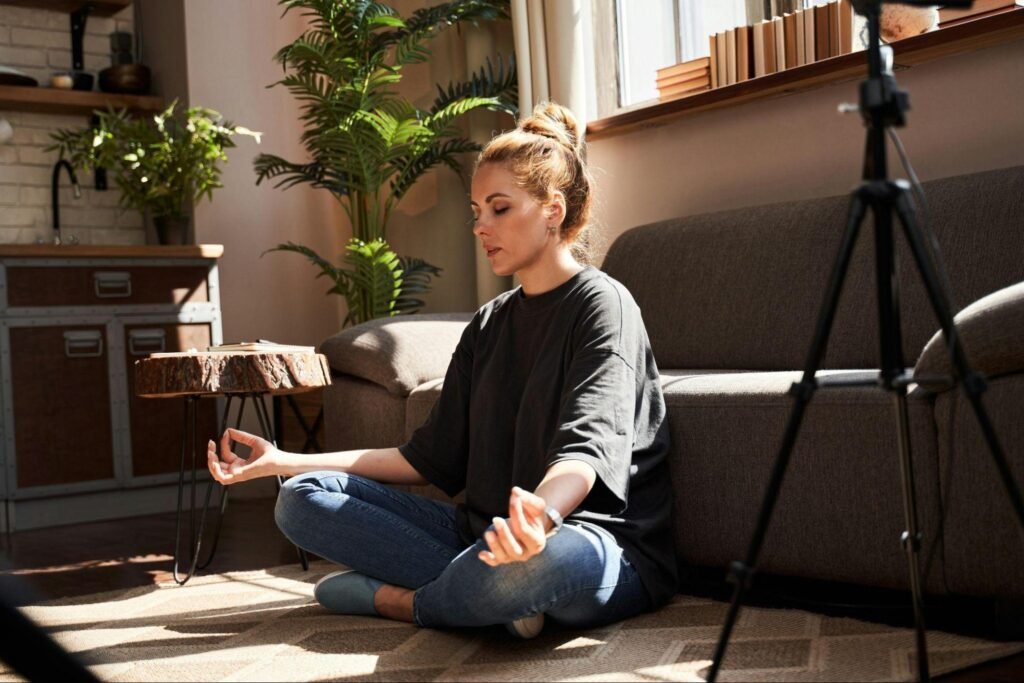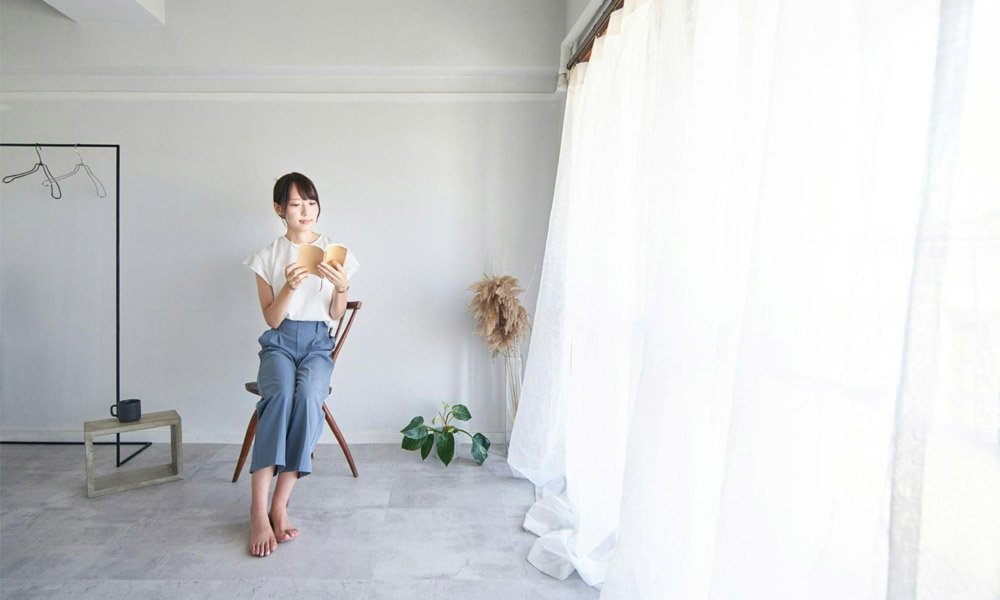Minimalism has long been associated with design, fashion, and lifestyle choices, but today it is emerging as a powerful philosophy in the realm of self-care. No longer confined to decluttered living rooms or sleek wardrobe capsules, minimalism now extends into the way people approach their well-being. From choosing streamlined beauty solutions such as alternatives to gel nails to simplifying skincare routines, individuals are discovering that less truly can mean more when it comes to wellness.
This cultural shift is not simply about doing away with excess, it’s about crafting routines that are intentional, efficient, and aligned with personal values.
The Link Between Minimalism and Self-Care
At its core, minimalism is about prioritizing what matters most. In self-care, this translates into cutting through the noise of over-complicated routines and focusing on practices that genuinely improve well-being. For many, this means resisting the pressure to own countless beauty products, follow endless wellness trends, or carve out hours each day for elaborate rituals.
Instead, minimalism emphasizes efficiency and purpose. This doesn’t mean sacrificing results but rather achieving them with fewer, smarter tools. By doing so, self-care becomes sustainable, accessible, and less overwhelming.
The Burden of Over-Consumption in Wellness
The wellness and beauty industries often encourage over-consumption. From 10-step skincare routines to dozens of specialized treatments, the underlying message is that more equals better. However, consumers are increasingly recognizing that overindulgence can create stress rather than relieve it.
A report from The New York Times highlighted how simplifying routines has led to better adherence and improved overall wellness. When people streamline their approach, they are more likely to maintain it long-term, leading to consistent benefits rather than burnout from over-complication.
Minimalism, then, offers a refreshing counterpoint to consumer-driven wellness. It encourages people to invest in fewer products or practices that deliver genuine value.
Simplification in Beauty Routines
Beauty is one of the clearest areas where minimalism is reshaping self-care. Consumers are opting for multipurpose products, low-maintenance solutions, and streamlined regimens that save both time and money.
For example, many are turning toward alternatives to gel nails that provide professional-looking results without the time commitment or expense of salon visits. These solutions embody the minimalist ethos: they strip away excess without compromising on outcome.
Minimalist beauty also reflects broader lifestyle changes. People want routines that integrate seamlessly into their daily lives, not ones that demand extensive effort. A quick, effective manicure kit or a simplified skincare routine allows self-care to feel effortless rather than like a second job.
Minimalism in Mental Health Practices

Image from Unsplash
Minimalism in self-care extends beyond beauty into mental wellness. People are finding calm not by adding more apps, activities, or workshops, but by embracing micro-practices that foster peace.
Meditation, journaling, and mindful breathing exercises are being pared down to simple, repeatable actions. Instead of spending hours trying to optimize mental health routines, minimalism encourages consistency in small doses, like a five-minute mindfulness session each morning.
This focus on intentional simplicity helps reduce decision fatigue. By cutting back on complexity, individuals can experience greater clarity and peace.
Sustainable Minimalism
Sustainability is a natural partner to minimalism, and together they are transforming how people approach self-care. Eco-conscious consumers are increasingly aware that excessive consumption in beauty and wellness contributes to environmental strain, from packaging waste to unsustainable sourcing.
Minimalist self-care practices prioritize quality, durability, and eco-friendly choices. For instance, choosing reusable tools, multipurpose products, or simplified kits reduces waste while still delivering results. This dual benefit, personal well-being combined with environmental responsibility, adds another layer of meaning to minimalist self-care.
The Rise of Micro-Moments
Minimalism also emphasizes the power of micro-moments, short bursts of self-care that can be seamlessly integrated into daily routines. Instead of scheduling an entire afternoon for pampering, modern minimalists embrace small, meaningful actions. A few minutes of stretching between meetings, applying a quick at-home manicure, or brewing a calming cup of tea are all ways minimalism reframes self-care.
These moments are not only practical but also sustainable. They recognize that in a fast-paced world, time is a precious commodity. Micro-moments of care make wellness achievable without demanding more than people can give.
Minimalism and Personalization
Minimalism doesn’t mean one-size-fits-all. In fact, personalization plays a crucial role in this trend. By focusing only on what truly works for the individual, minimalist self-care naturally adapts to unique lifestyles. For some, it may mean scaling down beauty routines, while for others it might focus on reducing digital clutter or streamlining exercise practices.
This personalized approach ensures that minimalist self-care is not about deprivation but about empowerment. By stripping away what doesn’t serve them, individuals are free to focus on practices that deliver the most value.
How Minimalism Reflects Broader Lifestyle Culture
Minimalism in self-care is part of a larger cultural movement toward intentional living. People are no longer chasing excess for its own sake but are instead valuing experiences, authenticity, and well-being. This perspective has permeated fashion, home design, food choices, and now, deeply, the way people care for themselves.
Self-care minimalism reflects the recognition that true wellness is not about doing more but about doing better. It acknowledges that the most meaningful routines are those that are sustainable, consistent, and aligned with personal and cultural values.
The Future of Minimalist Self-Care
As minimalism continues to shape self-care, the focus will increasingly shift toward sustainable, accessible, and tech-enhanced solutions. Wearable devices that deliver health insights without overwhelming data, beauty tools that simplify grooming, and eco-friendly multipurpose products will dominate the next wave of minimalist self-care.
Consumers will also continue to push back against over-consumption in favor of meaningful investments. Instead of accumulating countless wellness products, people will prioritize fewer, higher-quality choices that provide long-term value.
Ultimately, minimalism is redefining self-care by making it more intentional, accessible, and effective. It is a reminder that wellness does not require extravagance, it requires clarity, purpose, and balance.
Minimalism is more than a design aesthetic; it is a philosophy that is reshaping how individuals care for themselves. By embracing simplified beauty routines, focusing on mental clarity, and aligning with sustainable values, people are finding greater balance in their lives. From quick, accessible alternatives to gel nails to the rise of micro-moments, the minimalist approach shows that the future of self-care is not about doing more but about doing better.


